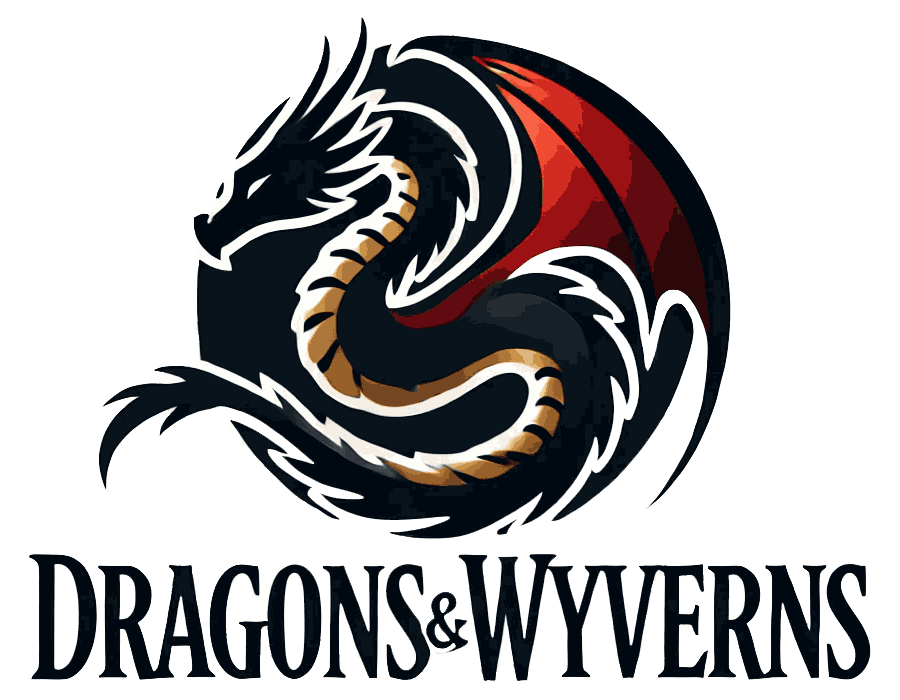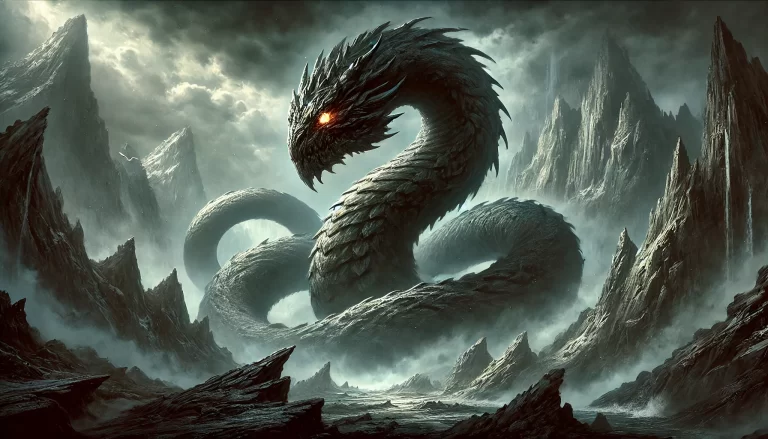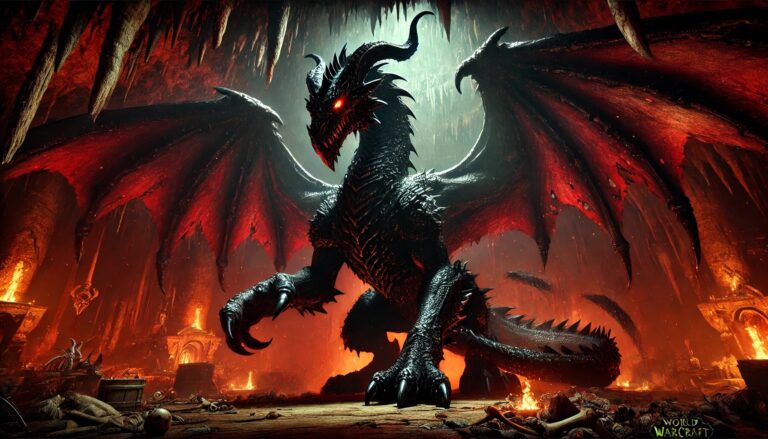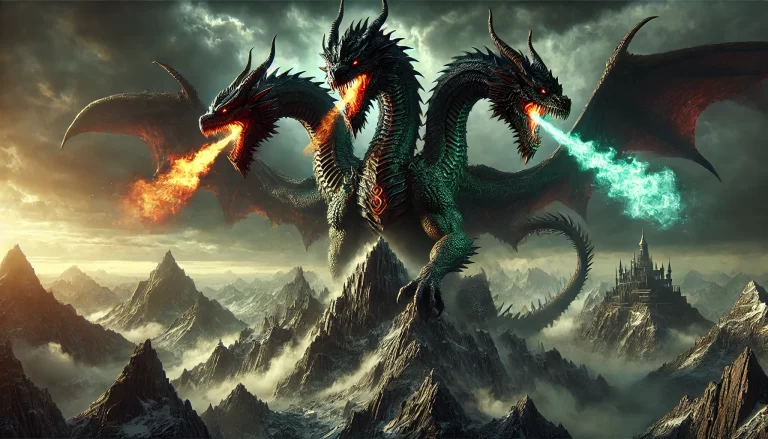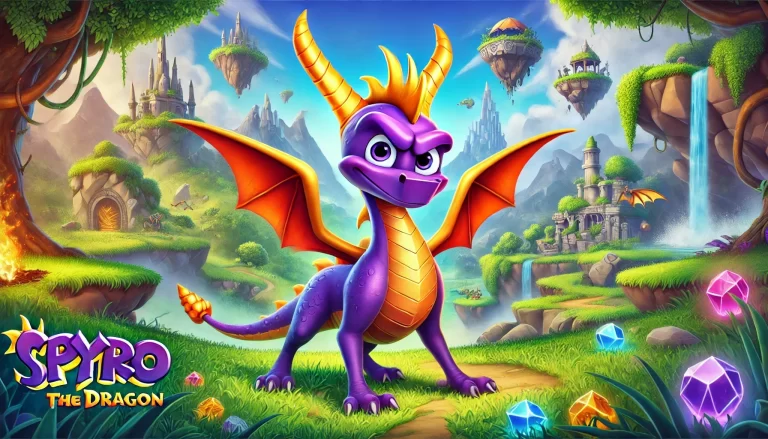The Leviathan: Exploring the Myth of the Biblical Sea Monster
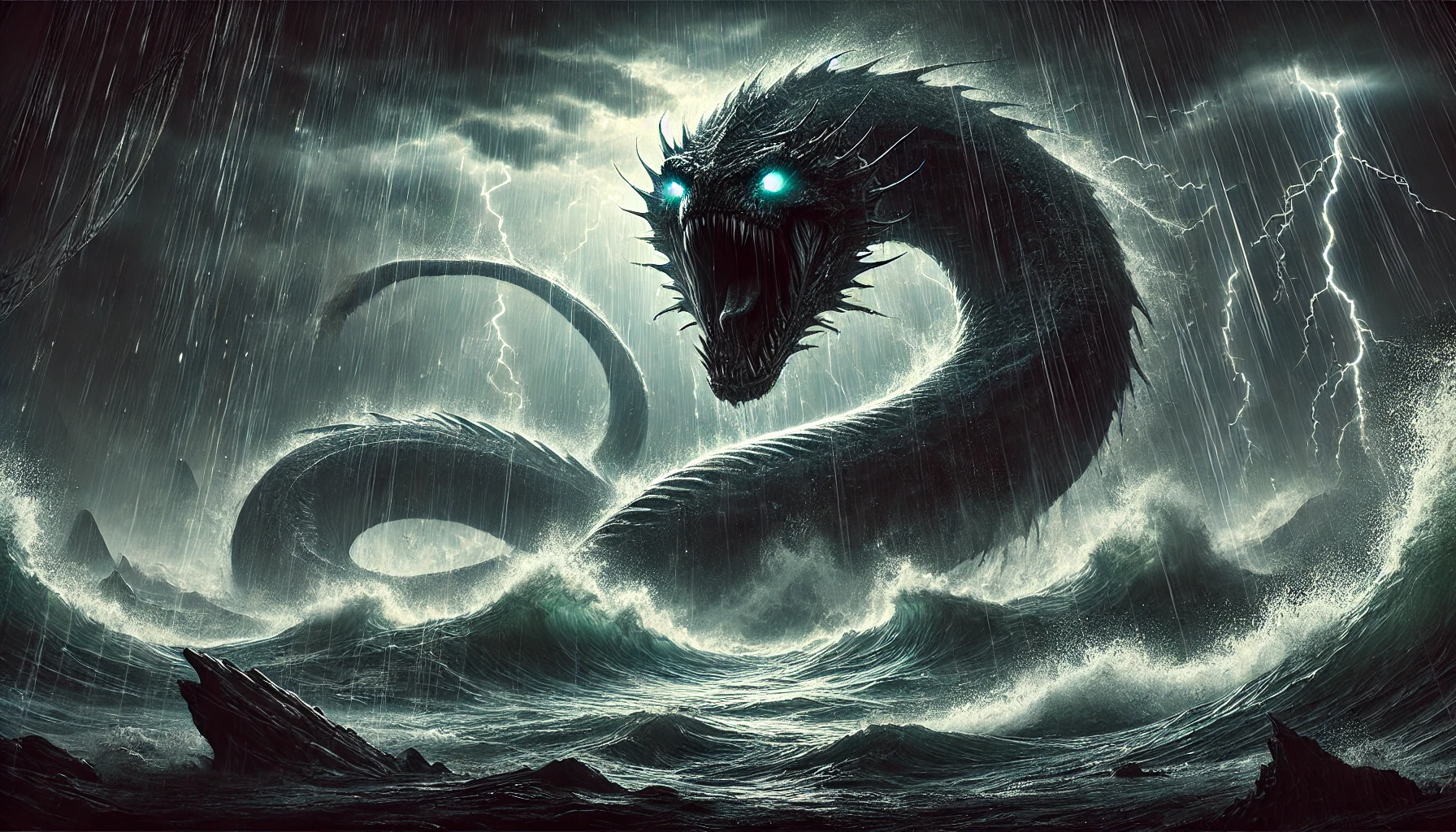
The Leviathan: Exploring the Myth of the Biblical Sea Monster
In the annals of mythology, few creatures are as awe-inspiring and terrifying as the Leviathan. This monstrous sea creature has captured the imagination of countless generations, serving as a symbol of chaos, power, and the unknown depths of the ocean. Mentioned in various ancient texts, including the Bible, the Leviathan is more than just a mythological creature—it embodies the mysteries of the deep and the untamable forces of nature.
The Leviathan in the Bible
The Leviathan is first mentioned in the Hebrew Bible, particularly in the Book of Job, Psalms, and Isaiah. In Job 41, God describes the creature in vivid detail, emphasizing its immense power and invincibility:
“Can you pull in Leviathan with a fishhook or tie down its tongue with a rope? … Its back has rows of shields tightly sealed together; each is so close to the next that no air can pass between. … Its breath sets coals ablaze, and flames dart from its mouth.” (Job 41:1, 15-21)
This description paints the Leviathan as an indomitable force, a creature beyond human control, and a symbol of God’s power over creation. In Psalms 74:14, the Leviathan is mentioned as being defeated by God, who “crushed the heads of Leviathan and gave it as food to the creatures of the desert,” further emphasizing the creature’s association with chaos and the divine order.
Near Eastern Mythology and Cultural Parallels
The Leviathan’s origins can be traced to older Near Eastern myths, where similar sea monsters appear as symbols of chaos that the gods must conquer to establish order. In Ugaritic mythology, a creature named Lotan (or Litan) is a multi-headed sea serpent defeated by the storm god Baal. This narrative bears striking similarities to the Biblical depiction of the Leviathan and suggests a shared cultural motif across the ancient Near East.
The Leviathan is also reminiscent of the Mesopotamian myth of Tiamat, a primordial goddess of the salt sea, who takes the form of a dragon or sea monster. In the Babylonian creation epic, Enuma Elish, the god Marduk slays Tiamat and uses her body to create the heavens and the earth, symbolizing the triumph of order over chaos.
Symbolism and Interpretation
The Leviathan’s symbolism extends beyond its mythological roots, serving as a representation of the untamed forces of nature and the unknowable depths of the sea. In the Biblical context, the creature often symbolizes the chaotic elements that God must subdue to maintain order in the world.
For many, the Leviathan also represents the human struggle to comprehend the vast and often terrifying aspects of the natural world. The ocean, with its unfathomable depths and mysterious creatures, has long been a source of fear and wonder. The Leviathan, as a creature of the deep, embodies these fears, reminding us of the limits of human understanding and control.
The Leviathan in Modern Culture
The Leviathan’s legacy continues in modern culture, where it often appears in literature, film, and art as a symbol of immense power and danger. From Herman Melville’s Moby-Dick to various depictions in fantasy literature and games, the Leviathan remains a potent symbol of the unknown and the uncontrollable.
In contemporary discussions, the term “Leviathan” is sometimes used metaphorically to describe massive, overpowering entities, whether they be corporations, governments, or other forms of authority. This usage reflects the creature’s enduring association with immense power and the struggle between order and chaos.
Conclusion
The Leviathan is more than just a mythical sea monster—it is a symbol that has resonated across cultures and centuries. Whether as a representation of chaos, a test of divine power, or a metaphor for the uncontrollable aspects of life, the Leviathan continues to captivate and inspire. Its story reminds us of the mysteries of the natural world and the ancient human desire to understand and conquer the forces that lie beyond our control.
